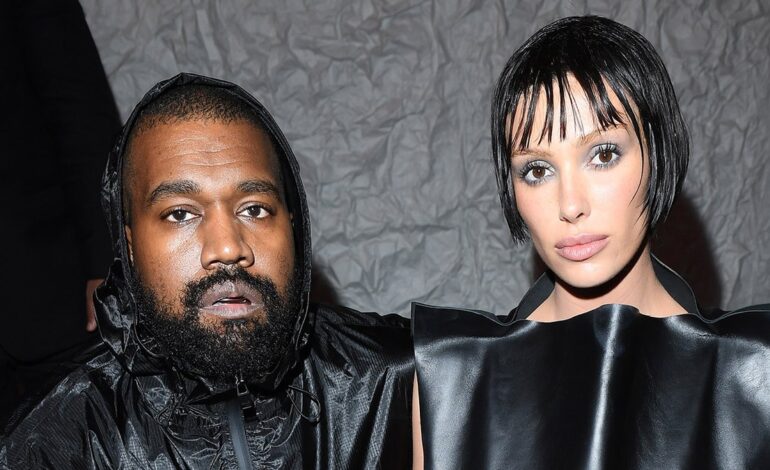Bianca Censori’s Nude Protest Ignites Arrest Debate: Legal Experts Analyze

Objective insights and analytical depth—here’s what we know about Bianca Censori’s latest nude appearance and the rising calls for her arrest. On June 12, 2024, Bianca Censori, the architecture graduate turned high-profile spouse of Kanye West, walked through a Milan boutique completely unclothed, reigniting questions about public decency and legal enforcement in Italy. Video footage shared on social media captured Censori calmly browsing luxury handbags while passersby gawked—stimulating heated commentary among legal analysts and law-enforcement officials. Corriere della Sera reports that the Italian National Union of Carabinieri’s vice president publicly demanded her immediate detention citing Article 726 of the Italian Penal Code, which punishes “acts of public indecency” with fines up to €10,000 or up to six months in jail.
Let’s dissect the regulatory framework: Article 726 has rarely been applied in high-profile cases over the past decade, with fewer than 50 convictions nationwide between 2010 and 2022 (per Ministry of Justice data). Legal scholar Andrea Rossi from the University of Milan explains that prosecutors must show “intent to offend public morality,” a threshold experts say could be challenging to prove absent explicit harassment or disruption. Rossi tells La Repubblica that “the footage suggests a peaceful protest of fashion consumerism rather than a deliberate attempt to shock or distress.”
This marks at least Censori’s third public nudity stunt in Europe since January, following her topless appearance at a Venice art gallery opening (covered by People Magazine) and another at a Zurich pop-up event (reported by Page Six). Each time, local authorities have declined to press charges, citing freedom of expression protections enshrined in Italy’s constitution. Reuters notes that Italy’s Constitutional Court has historically sided with artistic expression when “the public display has a discernible conceptual or political dimension.”
Yet public opinion remains divided. An Ipsos poll conducted July 2024 across five major Italian cities shows 58% of respondents view Censori’s act as “attention-seeking,” while 34% see it as “legitimate artistic expression.” Street demonstrations outside Milan’s Brera district last weekend featured both supporters waving signs that read “Art is Liberation” and critics chanting “Apply the law!” A spokesperson for Milan police confirmed no arrests were made, citing lack of formal complaints.
As legal experts continue to debate whether Censori’s actions constitute protected expression or punishable indecency, authorities in Rome have signaled they will review case files before deciding on future enforcement. More updates will follow as details emerge and Italy’s top court considers potential appeals. That wraps up today’s analysis—stay informed, stay critical, and follow the facts.
Sources: Celebrity Storm and Corriere della Sera, La Repubblica, People Magazine, Reuters
Attribution: Alessandro Levati (Creative Commons)




